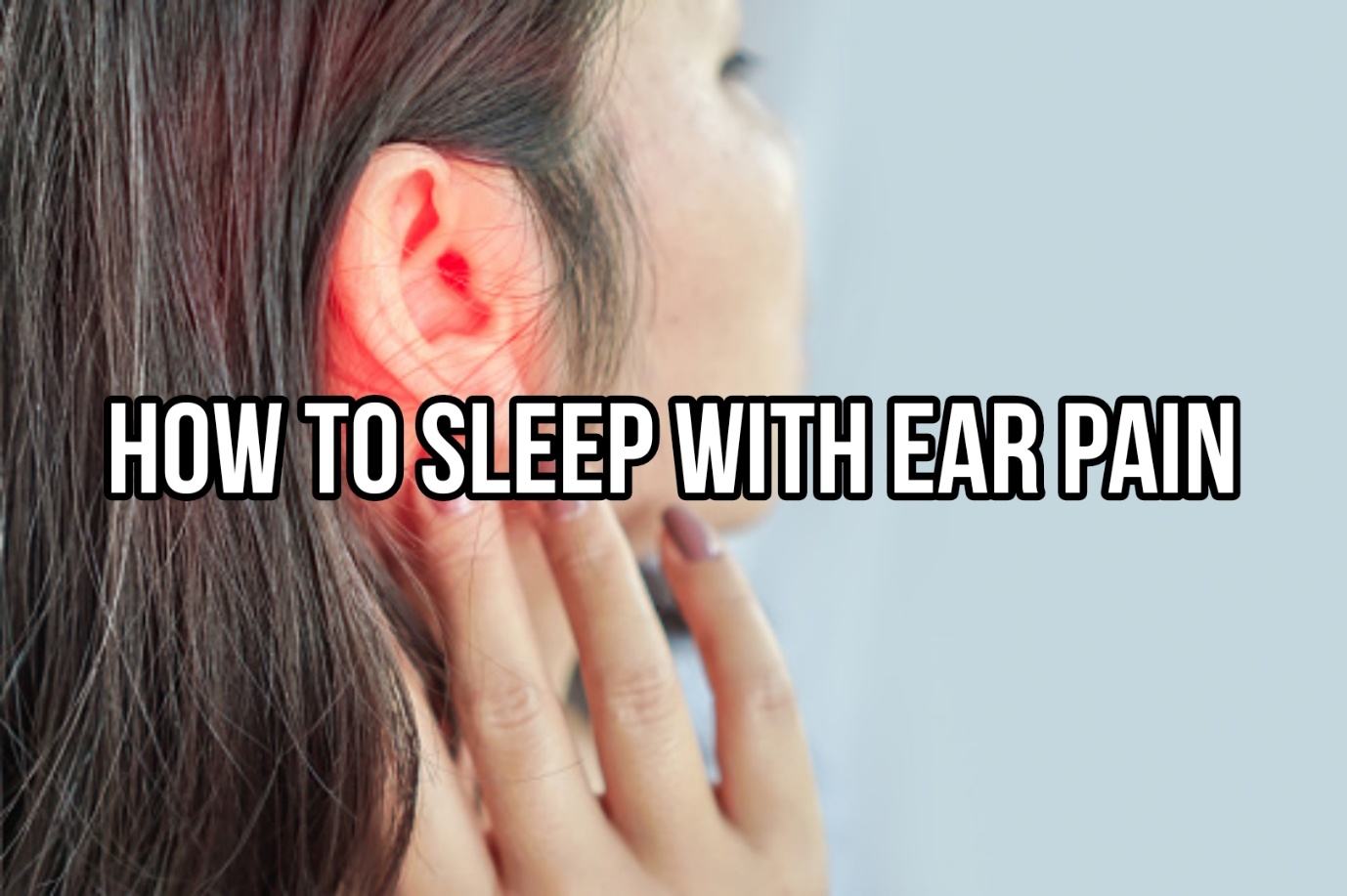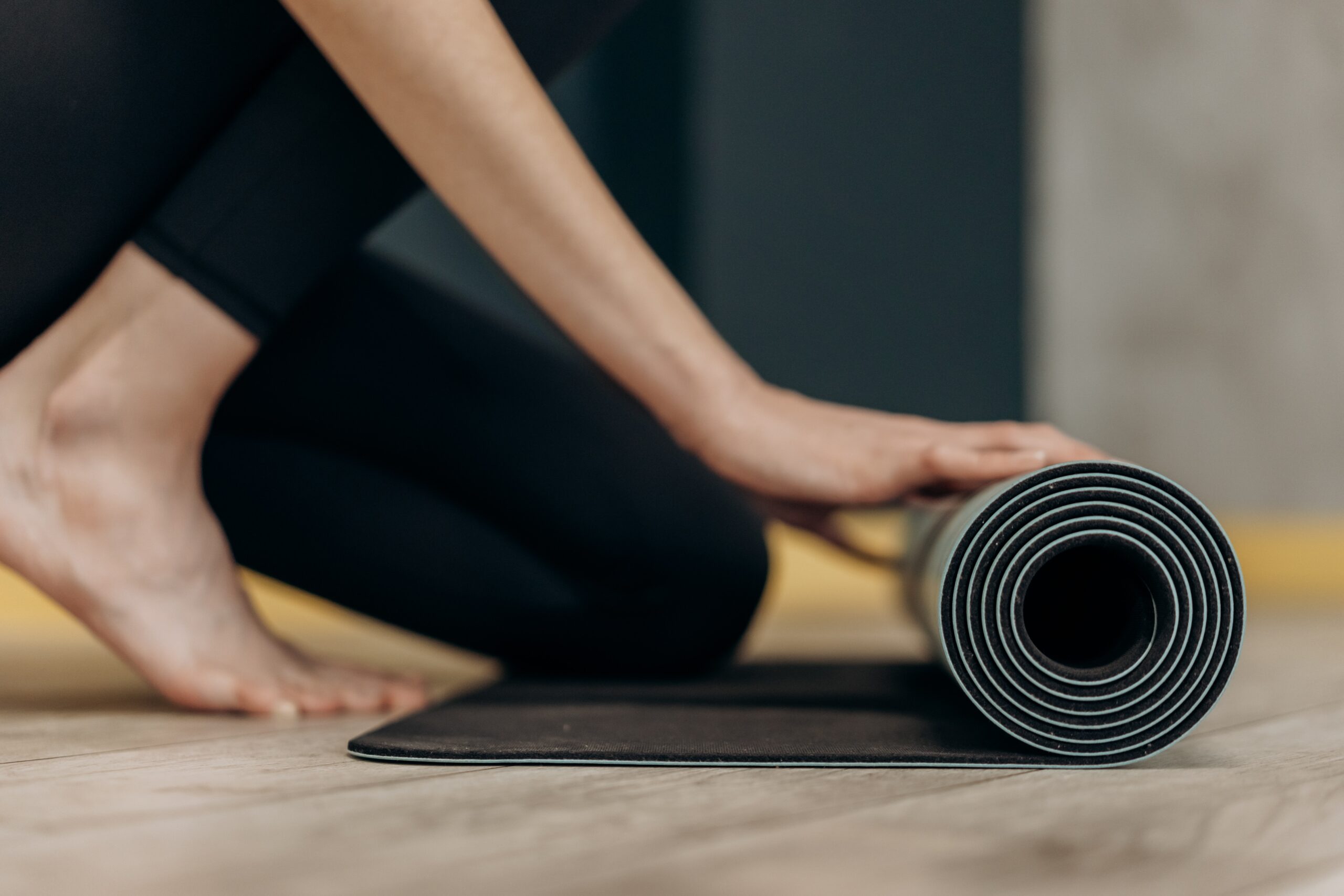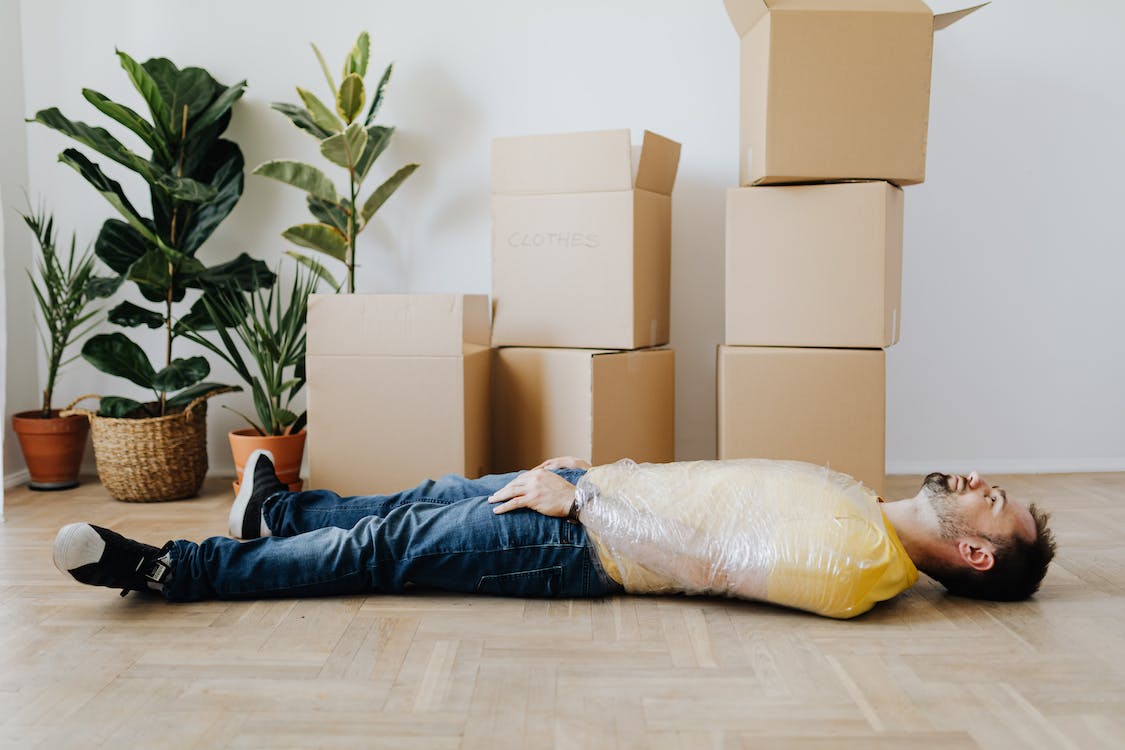Earache | how to sleep with ear pain | Best tips | Causes
Many people however went through ear pain and then search for how to sleep with ear pain. Sleep relaxes and refreshes and truly it is very important for our overall health.
However, many factors often disturb our sleep, including the discomfort of an ear infection. Knowing how to sleep well can help you sleep well, even if you’re dealing with the symptoms of an ear infection.
Boots Hearingcare looks at how to sleep with ear pain when symptoms matter. Also, because discomfort is part of the ordeal, ear fluid can be uncomfortable during sleep. So, if you have to go through all of this, it’s time to fix the problem.
Read on to find out more for knowing ear pain, its cause, and how to sleep with ear pain.
What is earache?
Earache is typically pain in the inner or outer ear that can merely interfere with hearing. This can be very bothersome and can cause debilitating pain that surely affects your ability to sleep and general well-being. Ear infections usually occur in children, but they can also occur in adults. Injury, infection, ear irritation, or pain can cause ear pain.
Earaches can affect one or both ears but usually in one ear. Though, it can be constant or come and go, and the pain can be dull, sharp, or burning. Generally, ear inflammation can cause fever and temporary hearing loss. Young children with ear infections are often fussy and irritable.
What causes ear pain?
There are several reasons why people have earaches and yet some causes of ear pain generally include:
Ear infection:
Usually in ear infection, the affected ear may drain a pus-like or watery fluid which ultimately causes. Verily, the most common ear infections are otitis externa (otitis externa) and otitis media (otitis media). Otitis externa causes inflammation of the tube while Otitis media, on the other hand, causes fluid buildup and inflammation behind the eardrum.
Ear injuries:
Damage to the inside of the ear from a scratch or impact typically results in earache. After all, despite the warnings of doctors, however, many people like to stick cotton swabs in their ears. Even sweep wax from the ear canals – all this can easily damage your ear canal.
Wax build-up:
Some people naturally produce more wax than others, which can clog the ear canal, which can be painful and interfere with hearing. It can also create “wax plugs,” a condition where wax hardens and blocks the passage of the ear.
Sore throat:
Yet, earache is also a symptom of a sore throat, such as strep throat or tonsillitis. So, if you have a sore throat and difficulty swallowing, your ear pain may be due to these infections.
Tooth abscess:
Sometimes earache is the result of a tooth abscess caused by a bacterial infection. Often this health problem causes a buildup of pus that can consistently form on the teeth or gums. Causing throbbing and severe pain in the affected teeth which eventually causes ear pain.
How to sleep with ear pain
Sleep can be difficult, especially if you have severe headaches but you should find how to sleep with ear pain. Here are some tips to help you sleep well in ear pain:
Choose a correct pillow to Elevate your Head
Elevate your head normally with an extra soft pillow at night. Although, this clears the Eustachian tube and allows more air to pass through. Nevertheless, you should know that sleeping this way can cause back and neck pain.
Thus, if possible, you should place a block of wood 5 to 6 inches simply under the foot of the bed or use a sturdy book to raise the head of the bed. You can also place a feather pillow between the bed and the mattress (feather pillows are available at most drugstores and health supply stores).
Use warm compresses to relieve ear infections
Consider choosing a compression therapy that can importantly act as an effective source of ear pain relief for ear infections. When used at the right temperature even though heat compression also serves to relieve ear canal blockage and pressure. Down here are some ways to use heat compression therapy:
- Use a heating pad or spatula: Simply you just need to heat it to completely drain the water.
- Utilizing a hot water bag filled with warm water: Place the water bag over the affected ear for 20 to 30 seconds. Repeat the procedure several times until you feel less pain.
- Operating a warm washcloth: Dampen a warm washcloth with warm water in a plastic bag. Plus, make sure there are no holes in the packaging as this is to prevent water from entering the ears. Chiefly, do it under the supervision of a doctor.
Raise your head to release the pressure
Sleeping with your head elevated can typically help relieve ear pain . No doubt it is an ideal position, especially if you have ear infections in both ears. Keep in mind that sleeping in one ear can entirely make the earache worse.
Note: You can elevate your head by using an extra pillow or placing the bed at a high angle.
Exercises to fall asleep faster
Moving your jaw can relieve pain and eventually help you fall asleep faster. Following habits can surely help to deal with how to sleep with ear pain.
- Take a mouthful
- Chewing gum
- Swallowing water
Breathe deeply to relax
Deep meditative breathing for an ear infection can mainly improve your sleep quality and help you sleep much better. Overview of recommended breathing exercises for ear infections are as follow:
- Hold your breath for about 5 seconds, then exhale through your member to breathe through your nose
- Identify each breath you take, then slowly count the inhales with the exhales.
- Release all muscle tension and typically focus on breathing. Play soothing music in the background predominantly to keep going. Make sure the tone frequency is around 430 Hz.
- Lie with your back straight on the bed in a comfortable position and even use cushions or pillows for added comfort.
- Repeat the steps as often as possible until you feel sleepy and relaxed.




